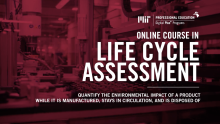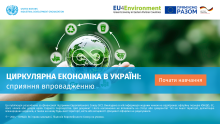Going Green in Germany: Study Abroad with Augsburg University and ACS GCI
By David A. Laviska, Portfolio Manager for Green Chemistry and Sustainability in Education, ACS Green Chemistry Institute, and Michael Wentzel, Professor of Chemistry, Augsburg University







